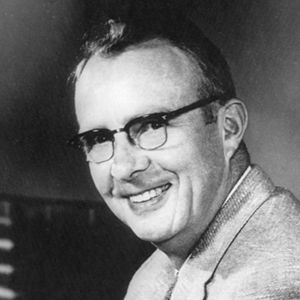Luis Walter Alvarez

Luis Walter Alvarez, an American physicist and inventor, was the Nobel Prize in Physics in Physics in 1968. He was the second and oldest child of Walter C. Alvarez (a doctor) and Harriet nee Smyth, and was born in San Francisco, California, on June 13, 1911.
Luis F. Alvarez was Alvarez’s grandfather and a doctor who lived in Spain, Cuba, then the United States. His father was a Mayo Clinic researcher in 1926. The family then moved to Rochester, Minnesota where Alvarez attended Rochester High School. Alvarez received his bachelor’s from the University of Chicago, in 1932. He also earned his master’s in 1934. His PhD was in 1936.
Alvarez was involved in many radar projects during World War II. These included Identification Friend or foe (IFF) radar beacons, and a system that prevented enemy submarines discovering they were detected by airborne radars. Ground Controlled Approach (GCA) is the radar system that Alvarez is most famous for and was instrumental in the Berlin airlift.
Robert Oppenheimer offered Alvarez a job at Los Alamos to help with the Manhattan Project in the fall 1943. Alvarez created a device that could have been sent from an aircraft to measure the strength and energy of an atomic blast during his time on the project. Alvarez used this device to measure the blast effect of Hiroshima’s Little Boy bomb.
Alvarez was awarded the Nobel Prize in Physics in 1968 for his contributions to elementary particle Physics, including the discovery of many resonant states through the use of hydrogen bubble chambers. He also won data analysis and the technique of using them.
Alvarez’s son Walter Alvarez and nuclear chemists Frank Asaro, Helen Michel and Helen Michel published a paper in 1980 proposing that there was an extraterrestrial reason for the Cretaceous – Paleogene extinction. This paper was based on geologic research done in Central Italy. The theory was supported by evidence that a large impact crater had been found off Mexico’s coast ten years later.
Unfortunately, he passed away in 1988 from complications caused by cancer.